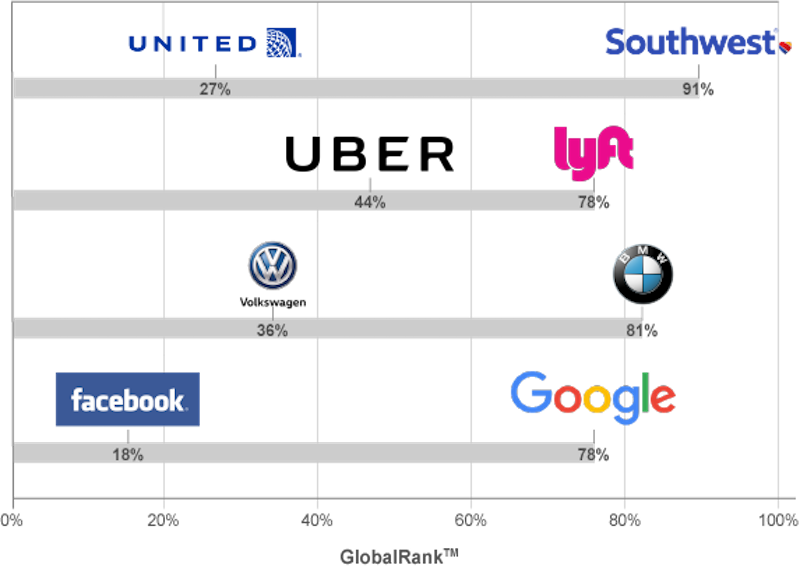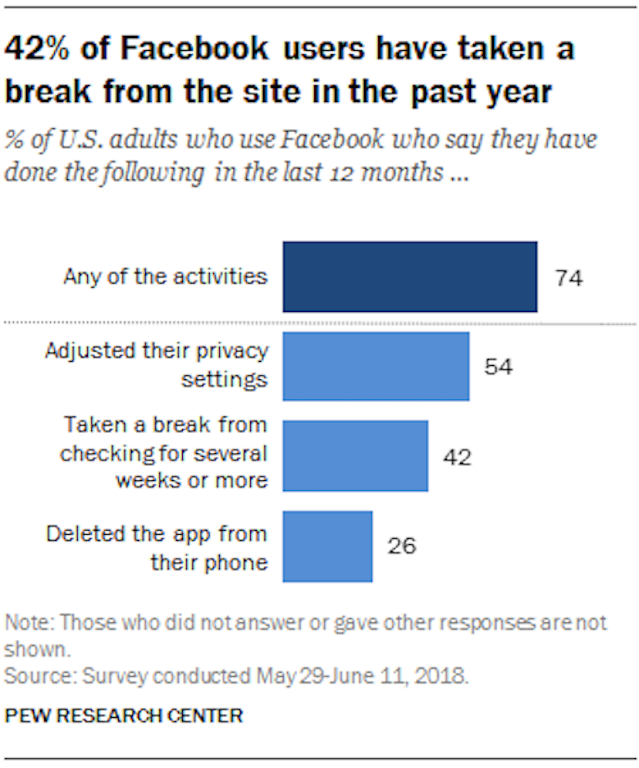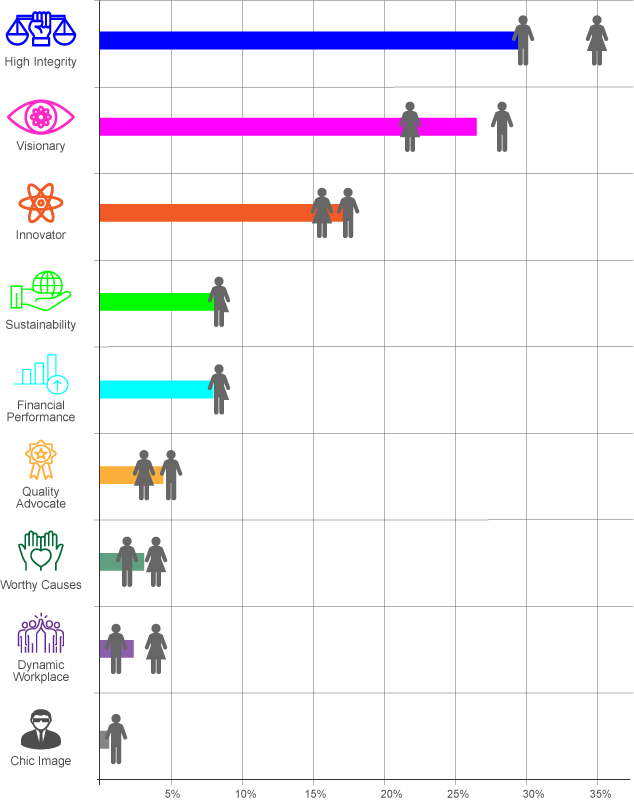
As every child knows, an apple fell onto Sir Isaac Newton’s head in the courtyard of Trinity College in the 17th Century. After watching the apple, Newton concluded that invisible forces must be at play. Today we call this the law of gravity, and it reminds us that everything is subject to forces more powerful than ourselves. It includes the persistence of scandal to hold a company in its gravitational orbit.*
SCANDAL AND THE C SUITE
Thunderbird recently completed its “Most Admired Companies in the Global 500” survey. We took a closer look at several companies suffering from well known multi-billion dollar scandals. In two cases, chief executives were terminated or forced to resign. Before those events took place, the CEOs were on the cover of business magazines and keynote speakers at Davos, while today they are case histories. In our research, we wanted to learn how to avoid such fates.
We looked into the relative admiration (referred to as the GlobalRank™rating) for four companies involved in high profile scandals: United, Uber, Facebook, and VW. Then we compared them to companies that did not suffer reputational damage, Google, Southwest, Lyft, and BMW. The results were startling.
The successful companies scored an average of 82% in admiration level, according to our GlobalRank™ system, a measure of the intensity of admiration. The scandalized companies averaged 31%.
The cost of scandal is, practically speaking, scandalous to shareholders, customers, and the company’s leader.
KEY HIGHLIGHTS
- Facebook suffers an admiration difference of 60% against Google after the social network’s boss’ Senate hearing.
- After the United 3411 incident, United suffers from a 64% variance against Southwest.
- After Uber’s turmoil relating to its diversity practices, admiration is at 44% compared to Lyft at 78%.
- Volkswagen scored 36% after its emission cheating failure compared to BMW at 81%.
SCANDAL VS. ADMIRED
(GlobalRank™ rating is a measure of a company’s admiration level. For the full methodology, click here)

DOUBLE JEOPARDY
The Thunderbird survey also revealed that people who admire a company buy the product, recommend it to their friends, and follow the company on social media. It suggests a hit on the bottom line that can go far beyond the immediate effect of the scandal, and have a deleterious effect on usage or customer purchase habits.
Facebook learned this lesson the hard way. The social network suffered a 20% stock market decline after the Senate hearing, and to some, it must have felt like a fluke. But not to insiders, who were watching the network’s traffic fall off a cliff subsequently, according to Pew Research.

HOW TO GET THE STAIN OUT
When the force of scandal meets the mass of a company, the company is caught in the scandal’s gravitational orbit, not the other way around. Public relations and crisis consultants provide checklists for recovery that include abject apologies, mea culpas, and charitable donations. But these are not the qualities the public really admires, they are final acts of desperation that reinforce the scandal. It results in the corporate version of Newton’s Law: companies that get in trouble, tend to stay in trouble.
Instead, the Thunderbird survey found that telling a compelling story about vision, integrity, and innovation is the way to reach the hearts and minds of the public and convince it the company is a force for good and not just an example of greed or stupidity.
In the course of our fieldwork, we discovered the primary reasons people admire companies (80%) are integrity, vision, and innovation, with slight variances for men and women. These qualities overwhelmed all others.
To restore a tarnished reputation, it is necessary to restore those qualities. But crafting a reputation for vision and integrity in the middle of a crisis is difficult. So start early on in the boardroom, and perhaps in the mirror, and well before the Senate hearing.
MOST ADMIRED LEADERSHIP QUALITIES IN THE GLOBAL 500

*Newton’s law is subject to the forces of scandal as well. The apple fell but it never did hit his head.
Related: Managing Corporate Reputation: ‘It’s All About Responding to Feedback,’ One Expert Says







